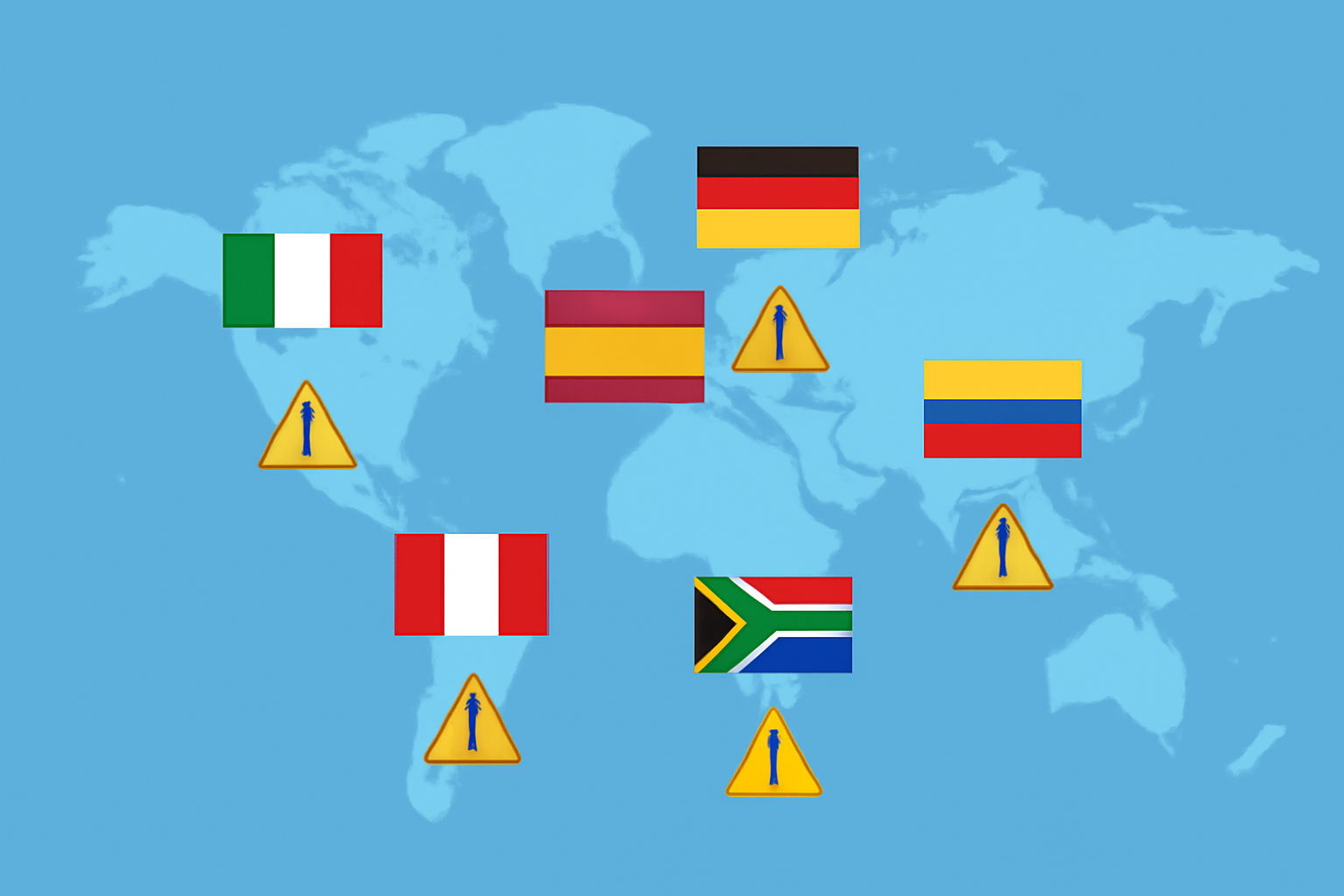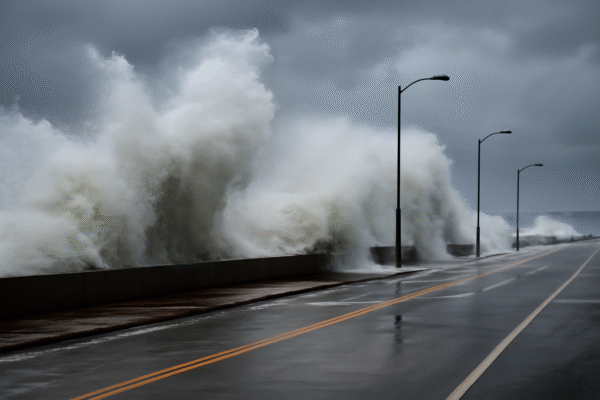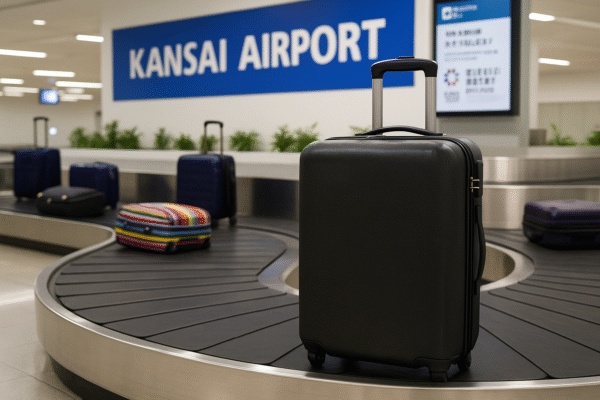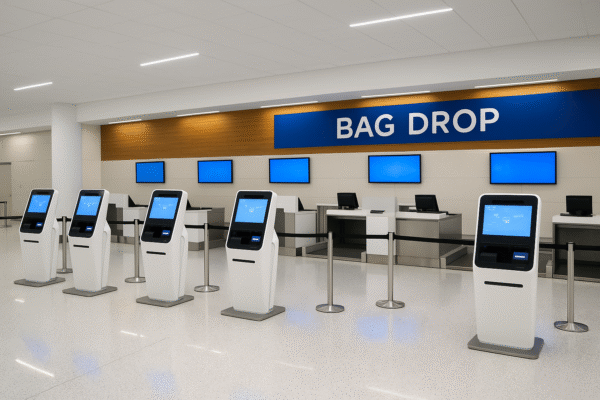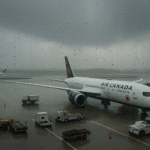Europe’s popularity as a global travel destination is being challenged by a rising tide of public safety concerns, especially for Chinese tourists. Incidents of robbery, assault, and violent attacks on Chinese nationals have stirred international concern, spotlighting broader socio-economic issues and the growing strain on European security systems.
In one of the most alarming recent incidents, a Chinese tour group dining near the Leaning Tower of Pisa in Italy fell victim to an organized robbery. Thieves broke into their tour bus, stealing luxury items and personal belongings worth hundreds of thousands of yuan (tens of thousands of U.S. dollars). The crime occurred within a brief 20 to 30-minute window, demonstrating both premeditation and opportunism. Most victims were elderly, first-time overseas travelers—highlighting their vulnerability and the severity of the breach in tourist security.
This was not an isolated case. In July 2023, masked attackers in Marseille, France, ambushed a Chinese tour bus by hurling rocks, injuring several passengers. The brazen daylight attack triggered widespread media attention and fueled growing discourse around rising criminal activity targeting tourists across Europe.
Understanding the Factors Behind Rising Crime Rates
Migration Pressures and Urban Strain
One of the underlying causes is Europe’s ongoing migrant influx. According to Eurostat, the EU received over 1 million asylum applications in 2024, putting immense pressure on already strained urban infrastructure and social services. While migration itself does not equate to criminality, the social exclusion and marginalization faced by many asylum seekers can contribute to rising urban tensions.
Major cities like Paris, Rome, and Barcelona, which are already dense with tourists and residents, face additional strain when underfunded social services cannot keep pace. This results in environments where both locals and visitors become more susceptible to crime.
Economic Stagnation and Social Inequality
Europe’s economic recovery remains uneven. High unemployment, especially among youth and migrants, continues to plague nations like Italy, France, and Spain. OECD data reveals persistent inflation and growing regional income gaps, which have further exacerbated societal tensions.
Economic stressors also undermine law enforcement capabilities. With limited resources, local authorities often find themselves reactive rather than proactive, struggling to police expansive tourist hotspots effectively. Criminal groups are exploiting this weakness, with tourists—particularly those perceived to be affluent, like many Chinese travelers—becoming prime targets.
Cultural Disconnection and Social Alienation
Integration remains a challenge. Language barriers, cultural differences, and inadequate support systems make it difficult for newcomers to assimilate, and local communities often view them with suspicion. These divisions can lead to friction and a rise in criminal activity—especially in areas where public housing, employment opportunities, and social services are scarce.
Why Chinese Tourists Are Particularly Vulnerable
Chinese outbound tourism to Europe has surged in recent years, with travelers frequently carrying high-value goods such as designer handbags, electronics, and luxury watches. These travelers, often unfamiliar with local security precautions or lacking language proficiency, are frequently seen as soft targets by criminals.
According to China’s Ministry of Culture and Tourism, Chinese nationals made over 150 million outbound trips in 2023, with a significant portion directed at Europe’s cultural capitals. However, recent crimes are causing growing hesitation, particularly among elderly travelers and family groups who prioritize safety in choosing destinations.
How Europe Is Responding to the Tourist Safety Crisis
European authorities have responded by stepping up visible patrols in key tourist zones. Cities like Paris, Rome, and Barcelona have introduced “tourist protection zones” where visitors can easily access police assistance and translation services.
Furthermore, countries like Italy and France have begun pushing for harsher penalties against those targeting tourists and increasing surveillance near major landmarks. These measures, while welcome, are often temporary or reactive.
To combat long-term threats, a more comprehensive strategy is needed—one that addresses the root causes of social unrest while bolstering public security infrastructure.
Long-Term Solutions: Rethinking Safety and Integration
A sustainable response to Europe’s rising crime problem must address both prevention and social cohesion. Governments must strengthen integration policies that provide education, employment, and housing for marginalized populations while ensuring that law enforcement agencies are equipped to maintain public safety.
Simultaneously, collaboration between governments, tourism boards, and the private sector is vital. Travel agencies, airlines, and local municipalities should work together to educate tourists—especially first-timers—about common scams, safe zones, and emergency contacts.
In addition, China’s Ministry of Foreign Affairs has issued travel advisories urging citizens to remain vigilant while abroad, including recommendations on securing valuables, avoiding high-risk areas at night, and staying in reputable accommodations.
Conclusion: Safety Is Now Central to Europe’s Tourism Revival
The rising number of crimes against Chinese tourists in Europe is not just a public safety issue—it is a growing threat to the continent’s tourism recovery. As competition intensifies globally for high-value tourists, ensuring safety is no longer optional. Europe must act decisively and collectively to protect its visitors, rebuild trust, and safeguard its reputation as a premier global travel destination.
If addressed thoughtfully and comprehensively, Europe can restore confidence among Chinese and other international travelers—ensuring that safety, not fear, defines the travel experience.
For more travel news like this, keep reading Global Travel Wire




